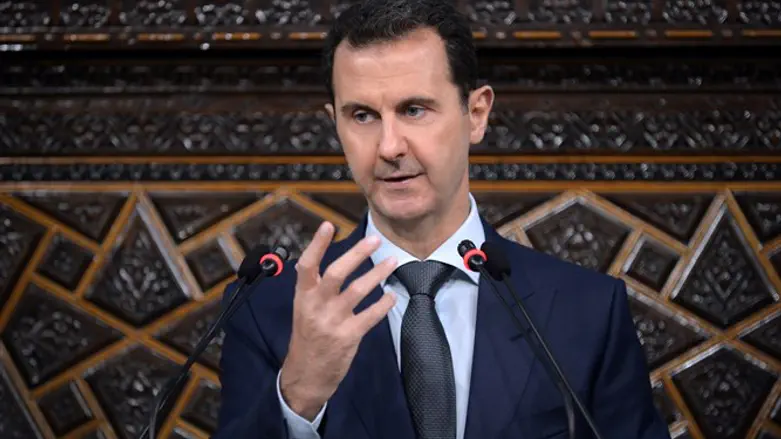
International investigators have for the first time said that they suspect Syrian President Bashar Al-Assad and his brother are responsible for the use of chemical weapons in the Syrian conflict, Reuters reported on Friday, citing a document it has seen.
A joint investigation by the United Nations and the Organization for the Prohibition of Chemical Weapons (OPCW) recently determined that several units of the Syrian army had used toxic weapons against three villages in northern Syria in 2014 and 2015, though it did not name any commanders or officials.
Now, however, a list has been produced of individuals whom the investigators have linked to a series of chlorine bomb attacks in 2014-15.
According to Reuters, these individuals include Assad, his younger brother Maher and other high-ranking figures, indicating the decision to use toxic weapons came from the very top.
Syria has repeatedly dismissed claims that it used chemical weapons, insisting such allegations are nothing but a “campaign of lies”.
The Assads could not be reached for comment about the latest report but a Syrian government official told Reuters that accusations that government forces had used chemical weapons had "no basis in truth".
The list, which has been seen by Reuters but has not been made public, was based on a combination of evidence compiled by the UN-OPCW team in Syria and information from Western and regional intelligence agencies, a source who declined to be identified said.
Reuters was unable to independently review the evidence or to verify it.
In addition to blaming the Syrian army, the UN-OPCW panel also found that the Islamic State (ISIS) jihadist group in Syria used mustard gas as a weapon in August 2015, one of several past assessments that ISIS had used chemical weapons in both Syria and Iraq.
The UN-OPCW inquiry, which is known as the Joint Investigative Mechanism (JIM), is mandated by the UN Security Council to identify individuals and organizations responsible for chemical attacks in Syria.
Virginia Gamba, the head of the Joint Investigative Mechanism, denied any list of individual suspects had yet been compiled by the inquiry.
"There are no ... identification of individuals being considered at this time," she told Reuters by email.
Syria joined the international Chemical Weapons Convention under a U.S.-Russian deal that followed the deaths of hundreds of civilians in a sarin gas attack in Ghouta on the outskirts of Damascus in August 2013.
However, the OPCW has since found that weapons such as chlorine have been "systematically and repeatedly" used in the civil war.
(Arutz Sheva’s North American desk is keeping you updated until the start of Shabbat in New York. The time posted automatically on all Arutz Sheva articles, however, is Israeli time.)
